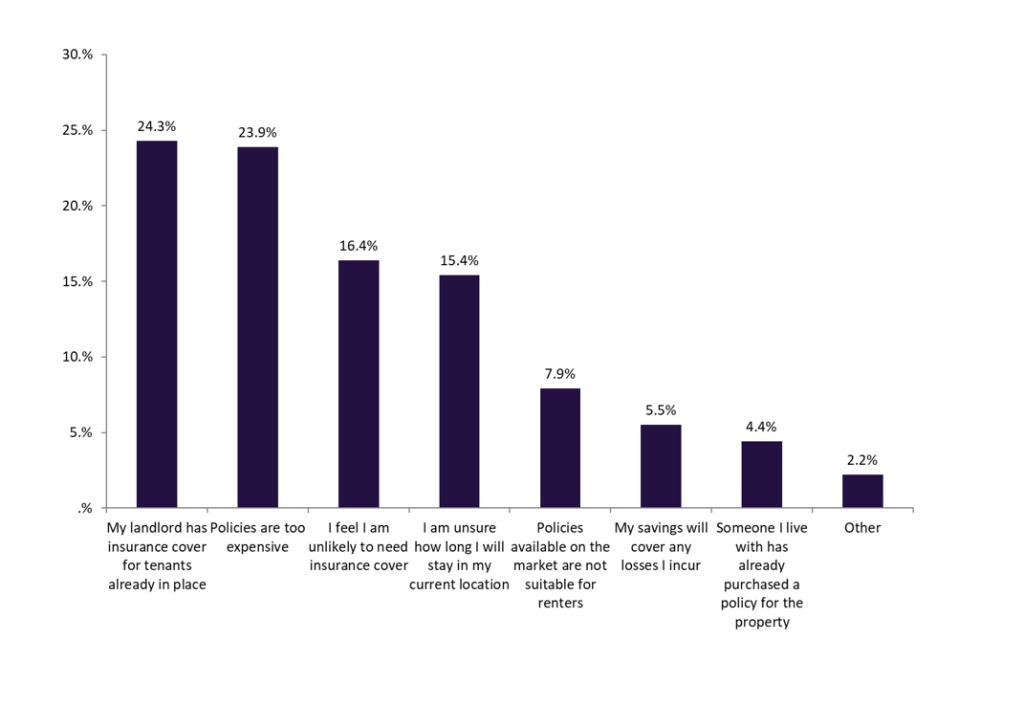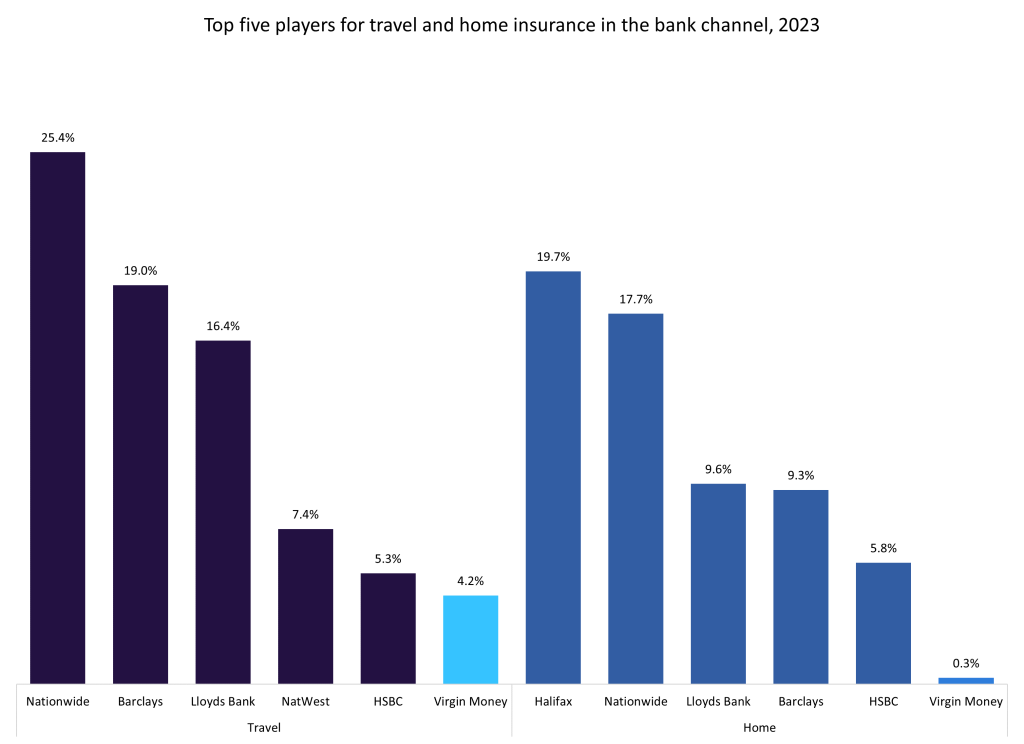
Frank Carr, chief marketing officer at Dublin-based Financial Risk Solutions (FRS), explains how for some manufacturers of packaged retail and insurance-based investment products (PRIIPs) regulation provides a derogation of 24 months until 31 December 2019. However, Carr notes how this derogation could be a false positive for insurers.
European Union law states that: Improving the transparency of PRIIPs offered to retail investors is an important investor protection measure and a precondition for rebuilding the confidence of retail investors in the financial market, in particular in the aftermath of the financial crisis. First steps in this direction have already been taken at Union level through the development of the key investor information regime.
And so we find ourselves preparing for the upcoming PRIIPs regulation, which will come into effect in January 2018 and which mandates insurers produce key information documents (KIDs).
However, for some PRIIPS manufacturers, Article 14.2 of the Regulatory Technical Standards (RTS) (dated 8 March 2017) provides a derogation of 24 months until 31 December 2019, meaning they can continue to use the UCITS KIID data, in certain circumstances.
When is the derogation applicable?
The derogation applies to only a small percentage of insurers and where the underlying investment option is a UCITS (“Undertakings for Collective Investment in Transferable Securities”) or non-UCITS fund which is required to produce a KIID in UCITS format.
How well do you really know your competitors?
Access the most comprehensive Company Profiles on the market, powered by GlobalData. Save hours of research. Gain competitive edge.

Thank you!
Your download email will arrive shortly
Not ready to buy yet? Download a free sample
We are confident about the unique quality of our Company Profiles. However, we want you to make the most beneficial decision for your business, so we offer a free sample that you can download by submitting the below form
By GlobalDataSome insurers provide investment products with underlying investment options where the customer is allocated units directly in the UCITS – in this case, the derogation would apply.
An underlying investment option where the customer is allocated units in an internal fund which invests into a blended mix of multiple UCITS would not qualify – the rationale being that the risk level of the internal fund (being the investment option) is not specified in a UCITS KIID.
If the underlying investment option was a UCITS of UCITS, that would qualify.

Above: Frank Carr, chief marketing officer at FRS
Some key considerations for PRIIPs providers:
- The first question is whether or not the derogation is applicable to the particular PRIIPs provider, as it is certainly not widely applicable to all PRIIPs providers. It applies for investment options being mirror funds linked to UCITS.
- There is a difference in the inherent costs disclosed under a PRIIP basis and a UCITS basis e.g. portfolio transactions costs are not disclosed under the UCITS basis. An insurer’s perspective on whether or not to select to utilise the UCITS derogation is primarily concerned on the practicalities of meeting the regulatory requirement to produce KIDs but level playing field issues arise also.
- For PRIIPs manufacturers for multi-option products, the key question is whether or not the Article 13(3) criteria can be met (i.e. are all the underlying investment options UCITS?) The consequential issue is not whether they can use the UCITS KIID but rather the costs basis required for the generic KID. For most insurers, their PRIIPs multi-option products or open architecture products will fail the Article 13(3) test.
- If the Article 13(3) criteria can’t be met, then the range of costs in the generic KID must be disclosed on a PRIIPs basis. If so, there are two main consequences – firstly portfolio transaction costs (including those within the UCITS) must be included and secondly performance scenario calculations are required to derive the costs figure.
- There is the issue of what basis applies for the European PRIIPs template for UCITS during the transitional exemption period – will costs and risks be supplied on a UCITS or PRIIPs basis?
Why the derogation might not be helpful
From our research we have found that the deadline delay (for PRIIPs KIDs, which were postponed by two years) has resulted in issues around confidence and complications for projects, and we believe that although insurers may be tempted by the derogation, for the majority of insurers it may actually be a false positive, and cause more problems than it solves.
For example, providers could be exposed to civil liability risk if they choose to use the derogation (and produce KIDs which wouldn’t necessarily incorporate the full range of costs that would otherwise be disclosed under the PRIIPs basis).
With such a short derogation, immediate implementation of the PRIIPs regulations in full seems to be the best approach, especially considering that the derogation is only for 24 months – otherwise insurers could be in a situation where they have to implement two new approaches within two years when a single implementation would have been sufficient.







